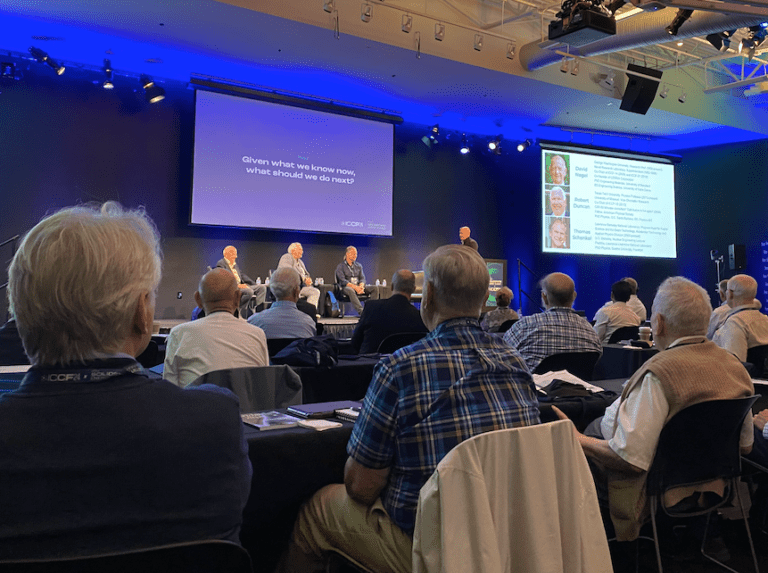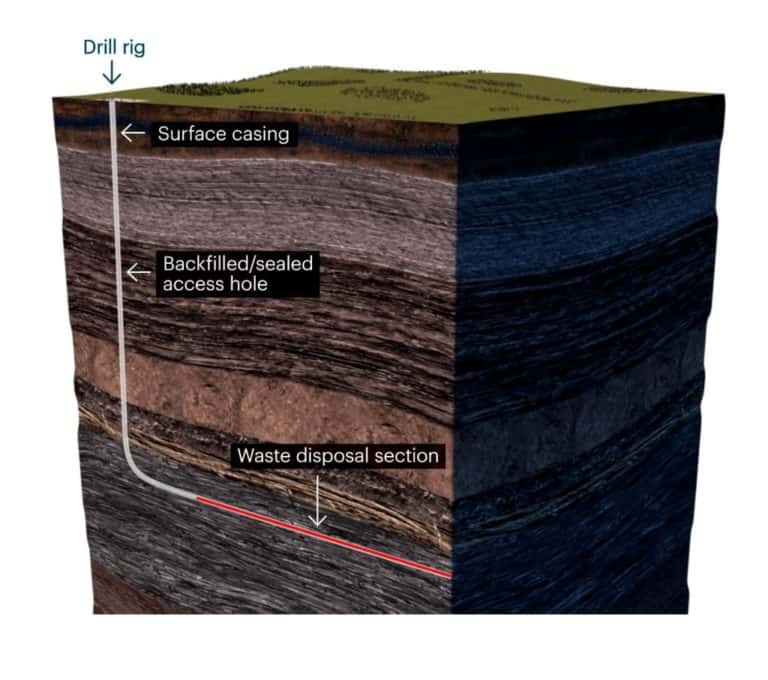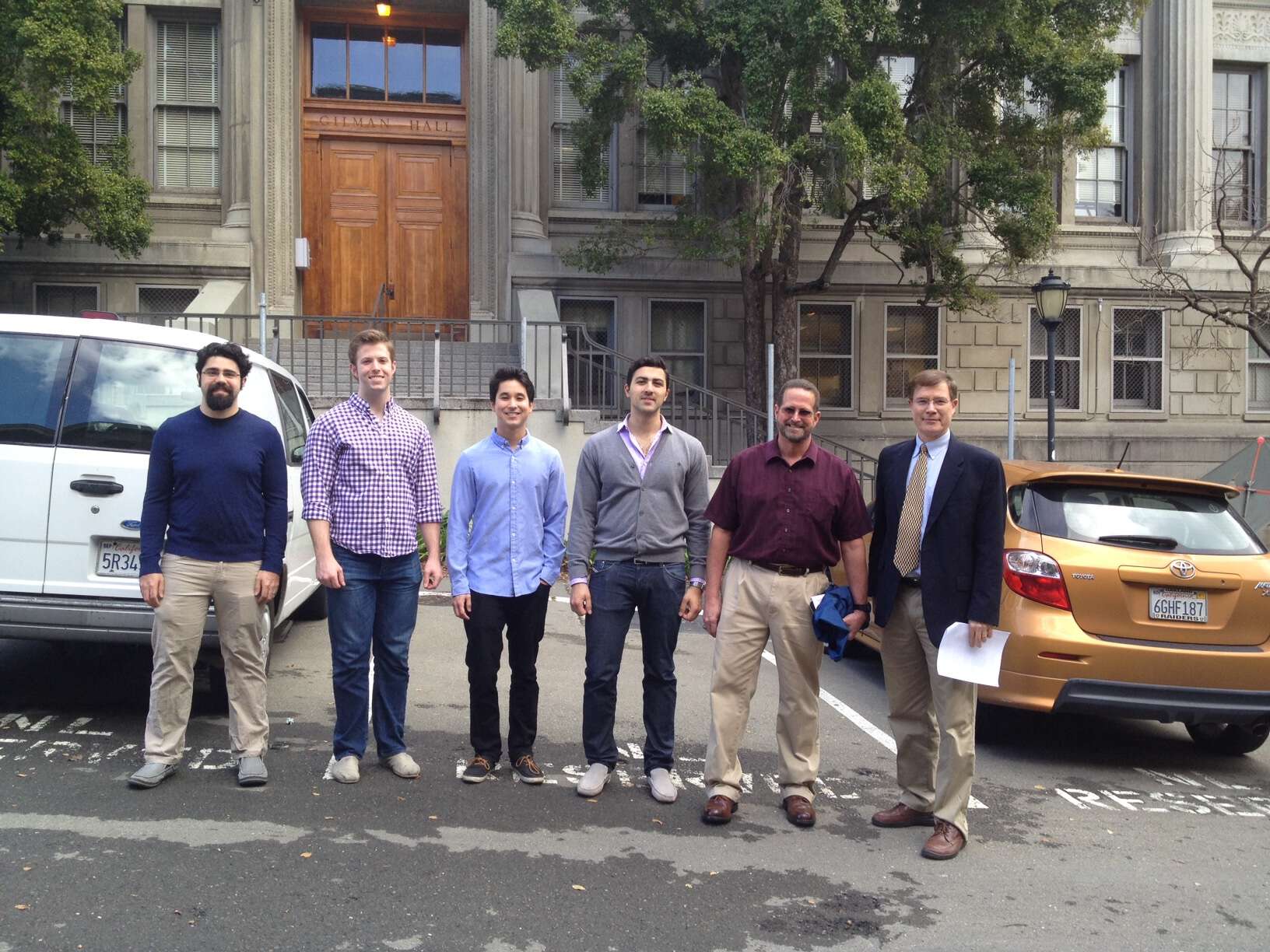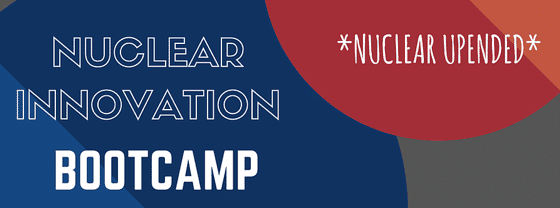How Hot is Cold Fusion?
The 24th International Conference on Cold Fusion (ICCF24) was held at the lovely and spacious Computer History Museum in Mountain View, CA over four days in late July. As a venture investor looking at evaluating and investing in a wide range of advanced nuclear ventures, I was invited to participate and/or sponsor the event. While…





